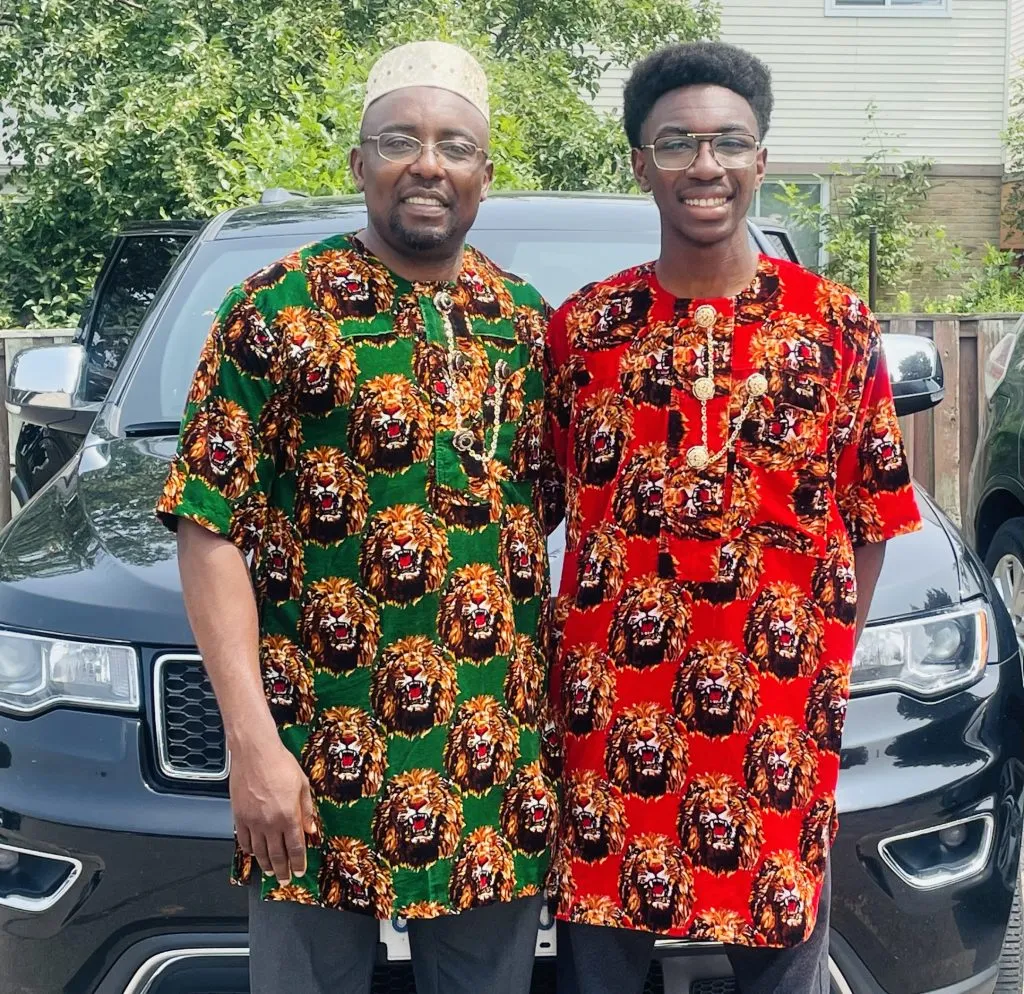–Dr. Godwin Ude, MBA, Ph.D.; Executive Director, Kingdom Acts Foundation
Working among immigrants across Canada allows one to experience some of the pressing socio-cultural challenges faced by these minority groups. The issue of equity is often top among the many challenges immigrants face in Canada. While some campaign for equality, many racial justice advocates demand equity, diversity, and inclusion. Though the government of Canada has taken some laudable steps to address the issue of discrimination, inequity and marginalization, there are still major hurdles to cross before one can boldly say that Canada’s multiculturalism policy is working.
It’s important to highlight these conversations about racial justice, equity, and equality, especially amid ongoing racial tensions and injustices. Let’s begin by distinguishing between “equity” and “equality.”
Equality denotes treating everyone the same, irrespective of their needs or circumstances. It entails distributing resources uniformly without considering disparities in people’s starting points. The principle of equality assumes that the same resources are suitable and necessary for everyone.
Equity, conversely, signifies fairness in social arrangements, addressing imbalances and biases to ensure that everyone has equal opportunities to succeed. This concept appreciates the diverse needs of individuals and populations, acknowledging that a one-size-fits-all approach may not lead to justice and fairness.
In the context of racial justice, it’s crucial to shift the conversation from equality to equity. Why? Because treating everyone the same can perpetuate systemic inequalities that already exist. Equality may appear fair on the surface, but it ignores the systemic and historical barriers that certain racial and ethnic groups have faced. Equity, in contrast, aims to level the playing field by considering these barriers and working to rectify them.
As for the challenges limiting the possibilities of achieving racial justice in Canada, they are multifaceted:
- Systemic racism: This is ingrained in many institutions in Canada, affecting various systems, including education, healthcare, and law enforcement.
- Historic Disparities: Racialized and Indigenous communities in Canada have faced long-standing disparities due to colonization and discriminatory practices, impacting their social and economic outcomes.
- Stereotypes and biases: Despite Canada’s multicultural identity, harmful stereotypes and biases persist.
To achieve racial justice, marginalized and racialized minority groups should:
- Speak up: Raise awareness about their experiences and push for implementing inclusive policies.
- Build community alliances: Create solidarity with other marginalized groups and allies who can provide support and amplify their voices.
- Engage in political processes: Vote, run for office, and engage in advocacy to effect change.
To build a non-discriminatory multicultural nation, the Canadian government should:
- Acknowledge systemic racism: It’s important to acknowledge and understand the systemic nature of racism.
- Implement inclusive policies: Policies should be reevaluated to ensure they support equity, not just equality. This could include affirmative action policies, social programs targeting marginalized communities, etc.
- Racial impact assessments: Policies should be evaluated for their racial impact. If a policy disproportionately harms a certain racial or ethnic group, it should be reconsidered.
- Education: Implement multicultural and inclusive education that accurately represents the experiences of racialized and Indigenous communities.
- Community engagement: Actively engage with communities affected by policies and legislation. This can ensure that their perspectives and experiences shape decision-making processes.
Remember, the journey toward racial justice is a challenging and quick one. It requires constant self-evaluation, listening, learning, and action from all levels of society. We can achieve a racially just society by working together and centring equity in our conversations and policies.

